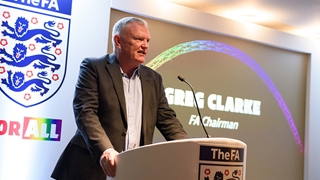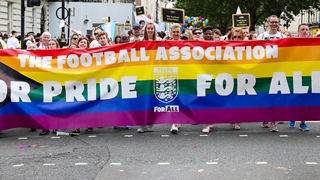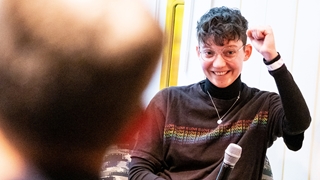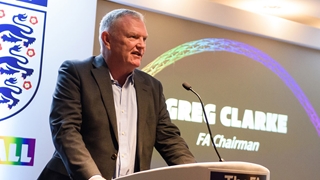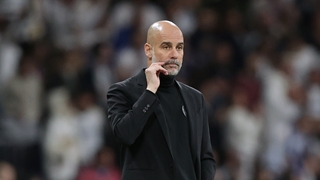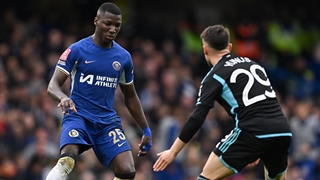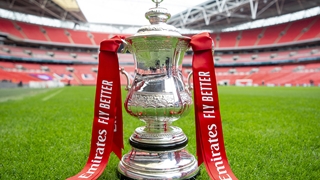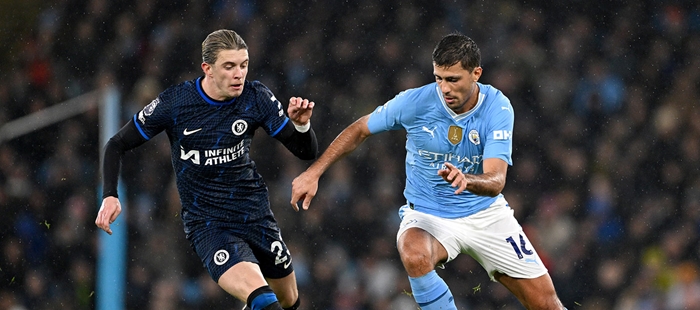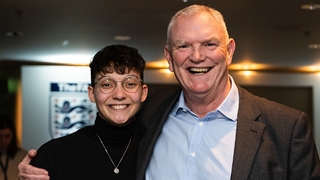
Football is for all and I have prioritised inclusion during my time as chairman.
It’s important that we find out first-hand, from the sharp end, what challenges people in the LGBT+ community face and LGBT+ History Month is the perfect time of year to do this.
That said, we don't just have these discussions over one month alone. They are ongoing 24/7.
We had FA staff as part of last year's Pride march, we supported the Rainbow Laces campaign in December and then there are all the private conversations, whether strategic or social, we learn so much from.
I would add that we shouldn't only judge LGBT+ inclusion on the men's game. When considering LBGT+ inclusion, we must look at, and cater for, all aspects of football. This obviously also includes women's and grassroots football where there are a lot of positive stories and progress.
I loved attending last season's Women’s FA Cup Final. It was so inclusive. There were gay people, straight people, transgender people and it was a wonderful occasion. That's where we want to be at all levels of the game.
I think the encouraging news is we are now getting more and more reports from fans about people behaving inappropriately. This might lead to more negative stories in the press, but it means people have the courage to speak up and deal with situations if they arise.
An increase in reporting doesn't necessarily mean an increase in the number of incidents, just an increase in those prepared to call out discrimination.
Fans are starting to self-police and this will help prevent abuse. We saw this at the Amex Stadium recently in the match between Brighton and Chelsea when there was homophobic chanting.
We also have apps, a website and telephone numbers people can call. Our guidelines to report discrimination are clear and the more they are followed, the less places there will be for abusers to hide.
What I would like to see next is a zero tolerance policy towards any form of abuse: on the pitch, on the terrace, in the workplace, anywhere.
Everyone should feel included and empowered to call out inappropriate behavior. Sometimes abuse of the LGBT+ community may be inadvertent and then we need to look at better education in order to reform.
But when there are malevolent instances we must take strong action; and if the evidence shows that means escalating things to a criminal court we will help with that process.
I also want to make it clear to the LGBT+ community that our aim is to make every individual feel comfortable across all aspects of English football.
Personally, I don't believe pressure should be placed on players, coaches or fans to come out, but if they choose to they, of course, have our full support.
Everyone is different and our message is that regardless of sexuality or sexual orientation absolutely everyone is welcome at all levels of football.


